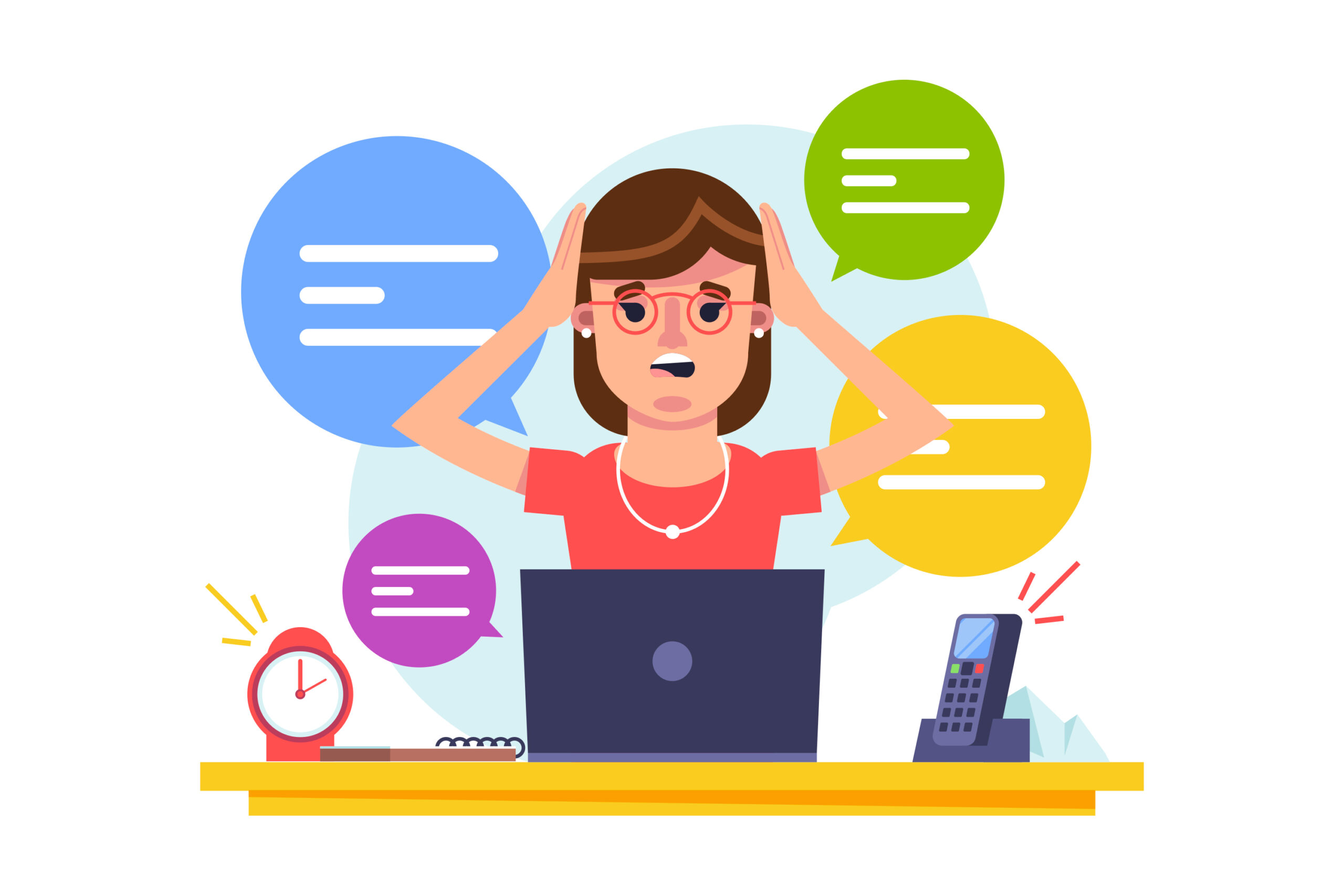Contracts are crucial in business, but disputes can arise when one party doesn’t follow the rules. This guide explores contract disputes, covering causes, types, and resolution methods like negotiation and litigation. Understanding contract disputes is vital for all parties involved in contracts to protect their rights and interests. We’ll discuss breaches of contract, different dispute resolution methods, and the role of contract lawyers.
Understanding Contract Disputes
Contract disputes happen when parties disagree about what’s in a contract. This can lead to legal problems and need help to fix. One common cause is when someone doesn’t do what they promised in the contract. To prove this, you need a valid contract, one party doing their part, and the other party getting hurt because of it.
A valid contract is a legal agreement between people that explains what they agreed to. “Performance” means doing what the contract says, like delivering goods or doing a service. “Damages” are the losses someone faces because of a broken promise. Not every broken promise leads to legal action. It has to be serious, like not doing what you said on time, not doing it at all, or not doing it as agreed. This is called a “material breach.”
What are the Causes of Contract Disputes

Contract disputes can happen for different reasons, often because of contract breaches or disagreements about the contract terms. Unclear language in the contract is one reason, as it can lead to misunderstandings. Breaches of contract, where someone doesn’t do what they promised, are another cause.
Disputes can also arise when parties disagree about changes to the contract or payment issues. These problems usually happen when communication breaks down or when someone doesn’t do what they’re supposed to. By keeping communication clear and effective, parties can reduce the chances of contract disputes.
Types of Contractual Disputes
- Breach of contract: This is one of the most common types of contract disputes and occurs when one party fails to fulfill their obligations as outlined in the agreement. It can involve issues such as non-payment, late delivery, or failure to perform according to the terms of the contract.
- Disputes over the subject matter: Parties may have disagreements or conflicts regarding the quality, quantity, or specifications of the goods or services provided under the contract.
- Disputes over changes or modifications: Parties may have differing views on proposed changes or modifications to the contract, such as price adjustments, scope changes, or timeline revisions.
- Disputes over breach of warranties: If one party fails to meet the warranties or guarantees specified in the contract, it can lead to a dispute regarding the non-breaching party’s rights and remedies.
- Disputes over termination or cancellation: Parties may have disagreements over the termination or cancellation of the contract, including issues related to notice periods, termination fees, or post-termination obligations.
Related Article: Contract Clause Library: Your Comprehensive Guide
Understanding Contract Breaches

Contract breaches happen when one party doesn’t do what they promised in a contract. There are two main types: material breaches, which are serious and affect the main purpose of the contract, and minor breaches, which are less serious and don’t affect the main purpose as much. Depending on the type of breach, the non-breaching party may have different legal options to fix the problem.
There are two main types of contract breaches: material and minor breaches. A material breach is a serious violation that stops the other party from getting the main benefits of the contract. On the other hand, a minor breach is less serious and doesn’t affect the main purpose of the contract.
Types of Contract Breaches
Material Breach
A material breach is a big deal in a contract. It’s when someone breaks the contract so badly that it really messes things up for the other person. If this happens, the other person can take legal action to get money to make up for what they lost because of the breach.
This money is called compensatory damages, and it’s meant to help the other person get back to where they would’ve been if the breach never happened. Material breaches can lead to serious consequences, like ending the contract if the problem isn’t fixed.
Minor Breach
A minor breach, also known as an immaterial breach, is when someone breaks a contract, but it’s not a big problem that ruins the whole agreement. Even though it’s not as serious as a big breach, it can still cause arguments and legal issues. A minor breach is a small contract violation that doesn’t really mess up the other person’s benefits from the agreement. The person who didn’t break the contract can still ask for money to compensate for any losses because of the breach.
Sometimes, the person who broke the contract might not have to do exactly what the contract says they should do. Even if there’s a minor breach, the person who didn’t break the contract might still have to keep doing their part of the deal. When there’s a minor breach, both sides should talk about it and try to fix the problem before it becomes a bigger issue.
Related Article: Breach Of Contract: Master How To Resolve Legal Disputes
Resolving Contract Disputes

Resolving contract disputes is essential to protect the rights and interests of both parties involved. There are various methods available for resolving contract disputes, each with its own advantages and considerations.
These methods include negotiation, mediation, arbitration, and litigation. Parties should carefully consider the nature of the dispute and the desired outcome when choosing a resolution method. By engaging in effective dispute resolution, parties can reach a fair and satisfactory resolution to their contract disputes.
Negotiation and Mediation
Negotiation and mediation are alternative ways to solve contract disputes outside of court. In negotiation, parties directly discuss to find a solution. Mediation involves a neutral mediator who guides parties toward an agreement.
The mediator doesn’t decide but helps find common ground. Both methods let parties stay in control, preserve their relationship, and avoid the time and cost of litigation. They offer a quicker and cheaper path to resolving disputes while meeting everyone’s needs.
Arbitration vs. Litigation
Arbitration and litigation are two ways to resolve contract disputes with third-party decision-makers. In arbitration, an arbitrator decides on the dispute, and the decision is binding.
Litigation involves a lawsuit in court, with a judge or jury making the final decision. Both methods offer remedies like financial compensation or contract cancellation. The choice between them depends on factors like dispute complexity and desired outcomes.
Related Article: Legacy Contracts: How To Effectively Migrate To A CLM
The Role of Contract Lawyers

Contract lawyers are really important for sorting out contract disputes. They help with everything from writing and checking contracts to fixing problems if disputes happen.
They help make sure contracts follow the law and are fair for everyone involved. They give advice about what to do if there’s a problem with a contract. Contract lawyers represent their clients in talks, meetings, or even in court if needed. They look at all sides of a dispute and come up with plans to help their clients.
When to Hire a Contract Lawyer?
Knowing when to hire a contract lawyer is essential in contract dispute resolution. While not all contract disputes require legal intervention, certain circumstances may necessitate the expertise of a contract lawyer. Here are some situations when it may be appropriate to hire a contract lawyer:
- Complex contract disputes that involve significant financial stakes or issues of legal interpretation.
- Disputes that have escalated and cannot be resolved through negotiation or mediation.
- Contract disputes that involve multiple parties or complex legal issues.
- Instances where one party is in breach of the contract and is causing significant harm or financial loss to the other party.
- Contracts involving high-value transactions or sensitive matters that require expert legal guidance.
How a Contract Lawyer Can Help?
Contract lawyers can provide valuable assistance in contract dispute resolution. Here are some ways in which a contract lawyer can help:
- Analyzing the strengths and weaknesses of a breach of contract case and developing legal strategies to support the client’s position.
- Guiding the available remedies and potential outcomes in a contract dispute.
- Assisting in negotiations and mediation to help parties reach a mutually acceptable resolution.
- Representing the client’s interests in arbitration or litigation proceedings, ensuring that their rights are protected, and advocating for a favorable outcome.
- Providing expert legal advice on the various types of dispute resolution methods available and recommending the most appropriate course of action.
Related Article: Role Of Outside Counsel In Driving Legal Success
How to Avoid Contractual Disputes?

Avoiding contract disputes is really important for keeping good business relationships and staying out of expensive legal fights. To do this, it’s smart to take action beforehand and use good strategies.
One way is by making sure the contract terms are clear and everyone can understand them easily. Also, using good communication helps a lot. When everyone knows what they’re supposed to do and expect, it’s easier to spot and fix any issues before they become big problems.
Importance of Clear Contract Terms
Clear contract terms are essential for preventing contract disputes. When the terms of the agreement are clearly defined and understood by all parties, it reduces the chances of misinterpretation.
Clear contract terms establish the rights, obligations, and expectations of each party involved in the contract. A written contract provides a tangible reference point for all parties to refer to in case of disputes or disagreements. Clear contract terms can help parties navigate the legal process more efficiently if a dispute arises.
It’s really important to make sure the contract is easy to understand. When everyone can easily get what’s written, it avoids confusion and reduces the chance of arguments later on. Spending time to make the contract clear helps prevent misunderstandings and lowers the risk of disputes. Using simple language makes sure everyone knows what’s expected, creating a good basis for a smooth relationship.
Effective Communication Strategies
Effective communication is key to preventing and resolving contract disputes. By maintaining open and honest communication throughout the contractual relationship, parties can address concerns, clarify expectations, and resolve misunderstandings before they escalate into disputes.
Communicate in good faith, with honesty and transparency, to build trust and understanding between the parties. Establish clear channels of communication and ensure that all parties have the opportunity to express their concerns and expectations.
Actively listen to the other parties’ perspectives and seek to understand their point of view. Address any issues or disagreements promptly and in a professional manner. Consult legal professionals if necessary to ensure compliance with applicable business laws and regulations.
Related Article: What Is Service Level Agreement? Your Ultimate Guide
FAQs:
What is the first step in resolving a contract dispute?
The first step in resolving a contract dispute is often to explore alternative dispute resolution methods, such as negotiation, mediation, or arbitration. Parties can attempt to resolve the dispute amicably through these methods before pursuing more formal legal options. If the dispute involves a government contract, it may be necessary to involve the contracting officer or follow specific dispute resolution procedures outlined in the contract.
How can legal professionals assist in resolving contract disputes effectively?
Contract lawyers are experts in contract law who can help solve contract problems. They know all about contracts and can give advice on what to do if there’s a dispute. They can help figure out the good and bad points of a case, suggest ways to fix it, and stand up for their clients in talks or court. For government contract problems, the Board of Contract Appeals is also important for solving disputes fairly.
How a Contract Can Be Disputed?
A contract dispute happens when people disagree about what a contract means, if it’s fair, or if it’s legal. Disagreements can come up if someone doesn’t do what the contract says, if they see the contract differently, or if they think the contract isn’t okay. To fix these issues, parties can talk it out, get help from a neutral person (like a mediator), or go to court.
Conclusion
In conclusion, understanding the intricacies of contract disputes is crucial for businesses and individuals alike. By recognizing the causes, types of breaches, and effective resolution strategies, you can navigate contractual challenges with confidence. Clear communication, legal expertise, and proactive prevention are key in mitigating disputes before they escalate. Remember, seeking assistance from a contract lawyer can provide invaluable support in safeguarding your interests and ensuring fair resolutions. Stay informed, proactive, and prepared to handle any contract dispute that may arise.





